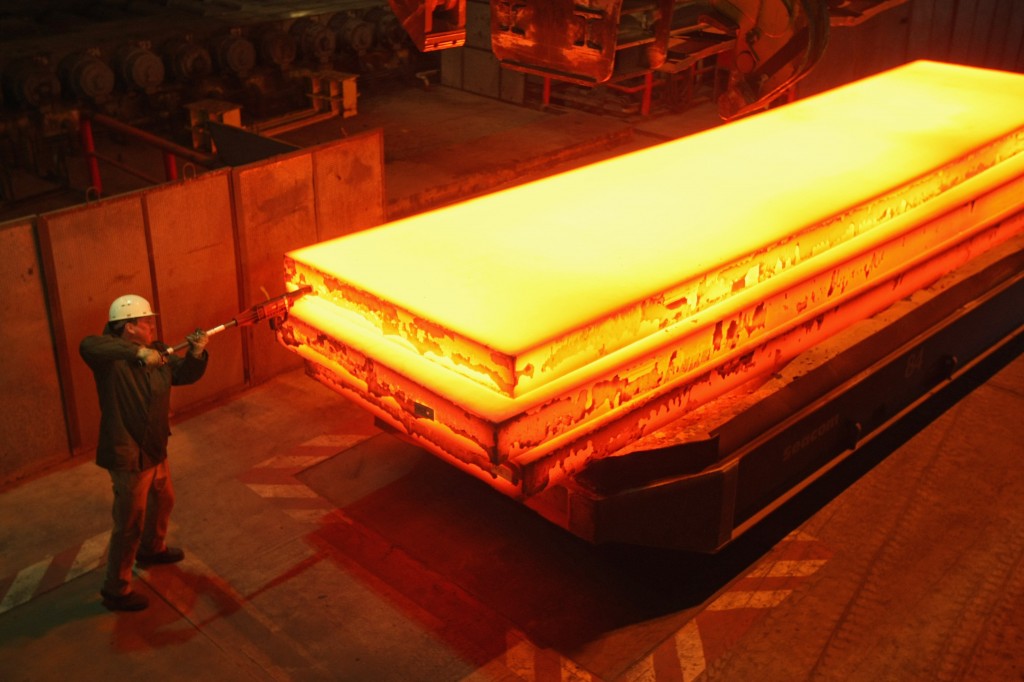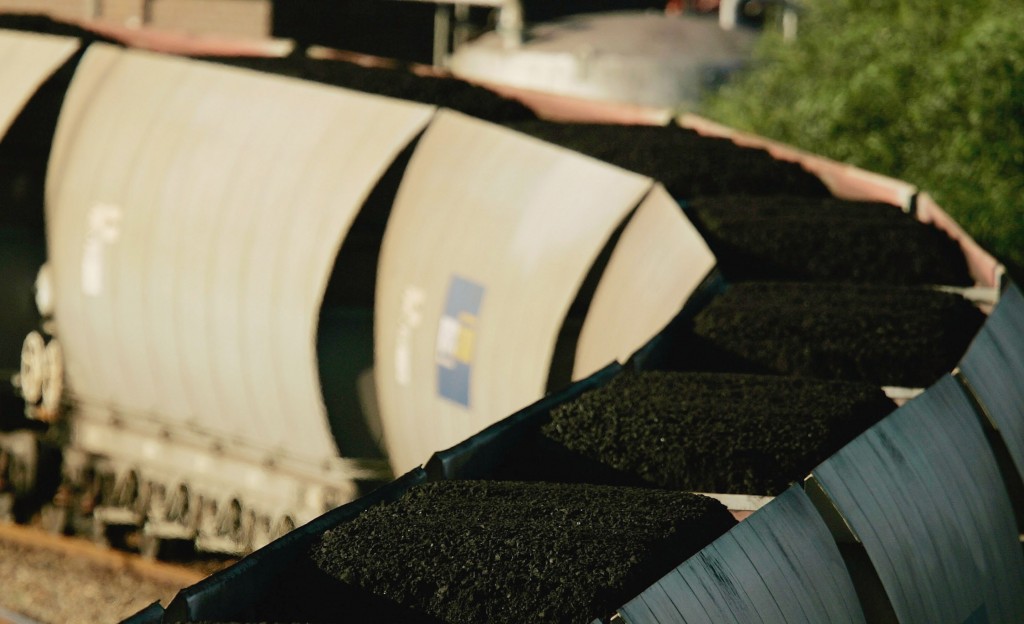In 1954, Lewis Strauss, the Chairman of the United States Atomic Energy Commission, promised a future of energy that would be “too cheap to meter”. He was talking about nuclear power. Now, 60 years later, nuclear is an increasingly hot and divisive topic in the energy debate. Is nuclear, as Strauss said, too cheap to… Keep reading →
Coal
Opinion: Is Nuclear Energy Too Cheap to Meter, or Too Costly to Matter?
By Bridgette BurkholderSign up and get Breaking Energy news in your inbox.
We will never sell or share your information without your consent. See our privacy policy.Statoil’s CEO Helge Lund gave keynote remarks to the audience at Columbia University’s Center on Global Energy Policy Spring Conference last week. He also engaged in some Q&A with IHS Vice Chairman and author of The Prize Daniel Yergin, who asked Lund about how Europe looks at the US unconventional production boom predominantly fueled by… Keep reading →
Energy News Roundup: China Ups Ante in Disputed Waters and Stanford Divests from Coal
By Jared AndersonChinese national oil company CNOOC built its own offshore oil drilling rig so as not to rely on western firms that could refuse to lease equipment used in disputed territorial waters in the South China Sea. CNOOC over the weekend moved that rig into to Vietnam’s 200 nautical mile exclusive economic zone to begin drilling.… Keep reading →
Deregulation and privatization are driving the separation of generation, transmission and distribution in Europe. Alstom’s Philippe Paelinck examines EU goals on energy security and unification and how these have played out in Germany thus far. Although the European Super Grid he discusses seems like an enormous undertaking, Paelinck says it would be cheaper than the… Keep reading →
Steel production is an energy intensive-business closely tied to global economic development. Chinese steel production, for example, is often considered and economic bell weather by many industries. Large volumes of coal are commonly used as feedstock to produce steel. Check out this infographic to learn more about steel as a commodity, where its produced, consumed… Keep reading →
Energy News Roundup: China-Turkey Talking $12 Bn Coal Deal and What to do About Net Metering?
By Jared AndersonThe Afşin-Elbistan coalfield and power plant project looks to tap the 40% of Turkey’s lignite coal reserves located in the region to generate up to 8,000 MW of power. After the UAE’s TAQA put investment on hold, Turkey’s state power generator is negotiating with Chinese and South Korean companies. [Reuters] A recent New York Times… Keep reading →
Energy Quote of the Day: ‘Harvard Would Rather Arrest Students than Join in an Open Debate.’
By Jared AndersonThe push to get institutional investors like pension funds and university endowments to divest holdings in fossil fuel-related businesses is reaching a fever pitch with a Harvard student getting arrested today during a 300-student-strong protest on the esteemed institution’s campus. The activist campaign has reportedly persuaded 11 US colleges to scale back investments in oil,… Keep reading →
Women, Energy Access and India’s Election
By Justin Guay and Vrinda ManglikThe world’s largest democracy is holding its elections, and the result will have big implications for the future of Indian energy policy. By May 12, an expected 815 million voters — the equivalent to the combined populations of the U.S. and the European Union — will have gone to the polls to vote in India’s general election.… Keep reading →
The good news – from a climate change perspective – is China appears to be taking steps to reduce its coal consumption, but the bad news is it’s much easier said than done. Industrialized nations have been slow to enact binding climate change mitigation strategies due to apprehension that carbon emissions from large developing nations… Keep reading →
Energy News Roundup: Keystone XL Mostly Politics, Positive Coal Market Outlook and Biggest Army Solar Project
By Jared AndersonThe New York Times’ Coral Davenport tally’s the emissions numbers on Keystone XL which show the oil infrastructure project would likely have a limited impact on climate change. The anti-Keystone movement largely acknowledges this, but says the fact that presidential approval is required makes it a potent climate change symbol that indicates the United States’… Keep reading →










